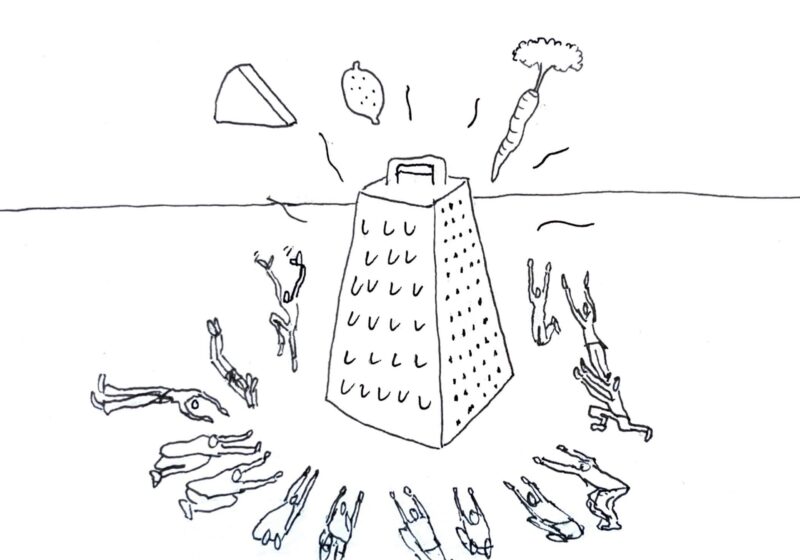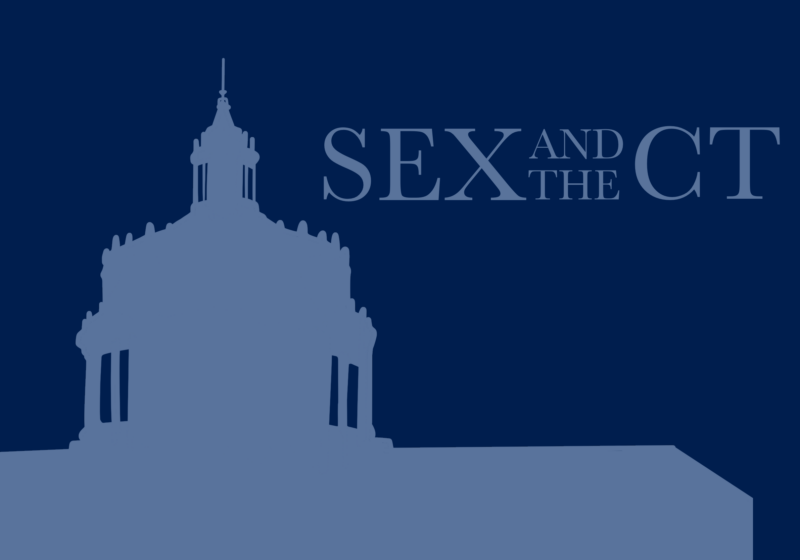From the Archives: 2001
The recent rash of bullying comments and Islamaphobia is unfortunately, not entirely new to the River Campus.
In early February 2001, homophobic slurs were painted in the tunnels underneath the Wilson Quad. By the end of the month, three separate hate messages, including voicemails directed toward the African-American community, elicited concern throughout the University community. In April of the same year, derogatory graffiti scrawled in bathrooms in Rush Rhees Library.
Fast forward nine years to 2010. From a physical standpoint, the campus is cleaner. Sexist etchings still show up in bathroom stalls, but hate messages haven’t had a physical presence on campus and graffiti as penmanship has gone passe. Campus looks good, life is good.
Or is it?
Earlier this semester, with the sudden spike in suicides related to homophobia across the nation, the latest forum for hate crimes reared its ugly head — the Internet. CollegeACB.com, where anonymous students can spew derogatory, venomous comments with no retaliation came to light as a big source of these problems.
This view was backed up by current PRIDE members in the Campus Times, who felt that the Internet, while it has the capability to facilitate crucial support to targeted minorities, has also become an unregulated forum for cyber-bullying.
“The Internet provides opportunities which weren’t available before, but it often gets out of control, because it has no moderator,” senior and PRIDE President Andrew Moran said.
It’s pretty clear that over the past decade racist and homophobic sentiments haven’t disappeared; they’ve just changed forms. How has University reaction and response changed?
In 2001, in response to racist voicemails left for the Black Students’ Union, as well as racist messages scrawled across bathrooms, the College Diversity Roundtable called a meeting. There they planned for College faculty to read a statement to their classes and suggested anti-bigotry training for student leaders. Among the University leaders to respond to the Campus Times for comment that year were Dean Norman Burnett and Dean Paul Burgett.
In October 2010, in response to both insensitive religious comments and the uptick in suicides related to homophobia, UR President Joel Seligman held a Religious Tolerance Panel. The discussion provided limited substantial answers — only that educating the perpetrators of these crimes will be key in going forward and perhaps suggesting a tolerance newsletter. Deans Burnett and Burgett are still around, helping shape the University’s response.
It seems frustrating that hate crimes and hate messages play a role on this campus and that the administration’s responses seem to have no effect. Sure, the majority of people on the River Campus are innocent of bullying and hate crimes. But the crimes are still there, and are incredibly difficult for the victims to ignore.
For a decade, the administration’s responses have fallen on deaf ears. Despite what Seligman or the College Diversity Roundtable tries to do, there have been derogatory, racist, homophobic and sexist sentiments on this campus. Maybe, no matter how hard, it is in our best interests to ignore them.
Willis is a member of the class of 2011.


